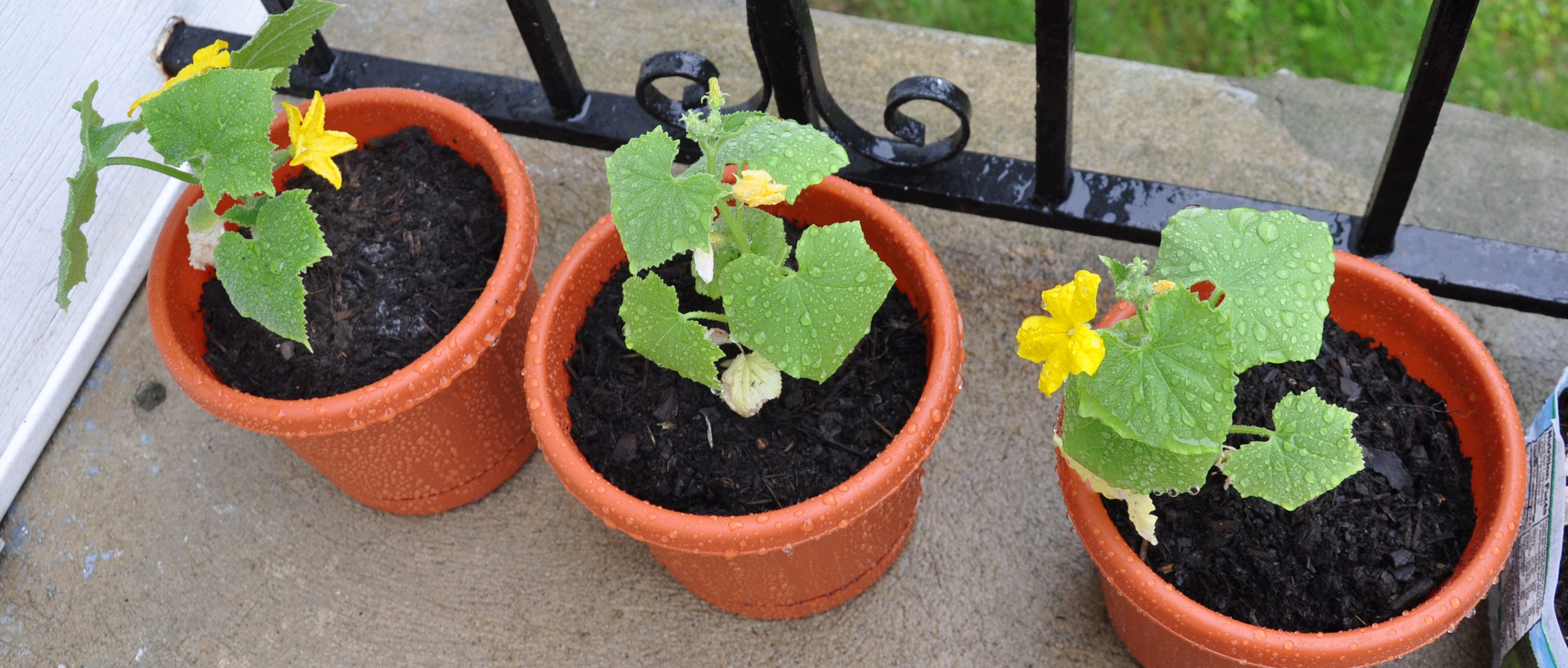
Just today I was helping my teens understand the essence of what makes us a homestead. How are we different from our non-homesteading neighbors? There are certain characteristics that most homesteads have in common and others that look very different. I think a lot of people have misconceptions, so I wanted to clear that up.
At the heart of any homestead is self-sufficiency and a spirit of independence. Most of us don’t like relying on the world for anything……and that goes double for the government. You will find that most of us are anti-statist, through and through. We are, however, usually generous and willing to help other homesteaders. Bartering is common to reduce need for cash that must be obtained from the outside.
Most, if not all, homesteaders grow and raise as much of their own food as possible. This not only reduces costs, but can produce cleaner, “organic” food that many homesteaders value. Part of the driving force of producing one’s own food is the knowledge that you aren’t using hormones, antibiotics or pesticides. Homesteaders know what is in their food and are often very careful with anything purchased outside. Most regularly make home cooked meals as opposed to eating out or buying heavily processed foods. Homesteaders are often also seeking a simpler life. They will make or grow what they need or often find a way to do without if the cannot. Many focus on sustainable living.
Having said this, there are numerous ways in which homesteads may look very different. I’m going to try to list some of the big ones.
A homestead may be in a rural, suburban or urban setting. Yes, I said urban. Check it out! There are people doing it.
Homesteads often have livestock, but some may not. Currently we do not have any animals, but have looked into keeping chickens for eggs. It’s a possibility in the coming years. Many homesteaders have revived the art of beekeeping and collect their own honey. We decided against this because we have so many azaleas (bees will not produce a healthy honey if they consume nectar from certain plants). We are fortunate to have neighbors down the road who are beekeepers that sell honey!
Some homesteads are completely off-grid and operate on battery or solar. Others can shout across the yard if they need a neighbor.
Many homesteaders have learned one or more methods for preserving food. We tend to freeze a lot, but we have also learned the canning process. Other homesteaders do a lot of dehydrating (future goal!). Some have learned to salt meat and preserve it that way. Many homesteaders have a root cellar for storing vegetables over winter. We use our basement, which stays fairly cool and dry. The key is in preserving what you’ve grown or harvested and not needing to buy it in the supermarket. You’ll find many homesteaders have recipes for common items found in supermarkets from beverages to sauces and marinades to teas to spice mixes, snacks and more! The less you have to rely on others for or purchase, the better!
In addition to food, you’ll find that many homesteaders (but certainly not all) have an herbal medicine garden and make many of their own tinctures. I make my own elderberry syrup and it has helped prevent illness in our family. I make my own sleep balm and am working on an eczema remedy for several family members. If I ever get my chamomile plants growing in earnest, I’m going to make my daughter a tea to combat insomnia. You can find recipes for prevention and treating all kinds of common illnesses online but, of course, you should be cautious.
Homesteaders also commonly learn to make many household and personal items. These may include: sewing clothing, candle-making, soap-making (a big favorite for us!), making household cleaners (we have lots of recipes for items like window cleaner, laundry detergent, ceramic fixture cleaner and so on), making body products (like lotion, deodorant and so on). Many of us love to exchange ideas and help each other learn what has worked for us. There is also a component of security here in knowing what goes into the items we put on our bodies.
Many homesteaders are frugal and make every effort to cut bills and conserve where they are able. We are often big into reuse, repurpose, recycle, exchange, donate. We aren’t usually big spenders or shoppers. Often the men in the family have learned to do simple home repairs. Anything you have the knowledge to build, the men will often build. Again, I think bartering factors in here.
Prepping also seems to be common among homesteaders. This is not a movement we are a part of as I’m not sure there is a Christian basis for it.
Many homesteaders are also homeschoolers. Again, I think the big drive here is self sufficiency and avoiding government where we can. For Christian homeschooling homesteaders, the drive is additionally faith based. Many of us would sooner be incarcerated or take a bullet before you’d get one of our children. Yes, we are this serious and feel this strongly.
Speaking of faith, yes, most of the homesteaders I know are Christians, but certainly not all. The Christian homesteader is different because he acknowledges that all he has and all he is able to do is only because of God. We are dependent on Him for His goodness and provision. The Christian homesteader also does not hide himself from the world. We are not of the world but we do live in the world (John 15:19). As such our homesteading life should shine a light that glorifies God in all we do (1 Cor 10: 31-33).

